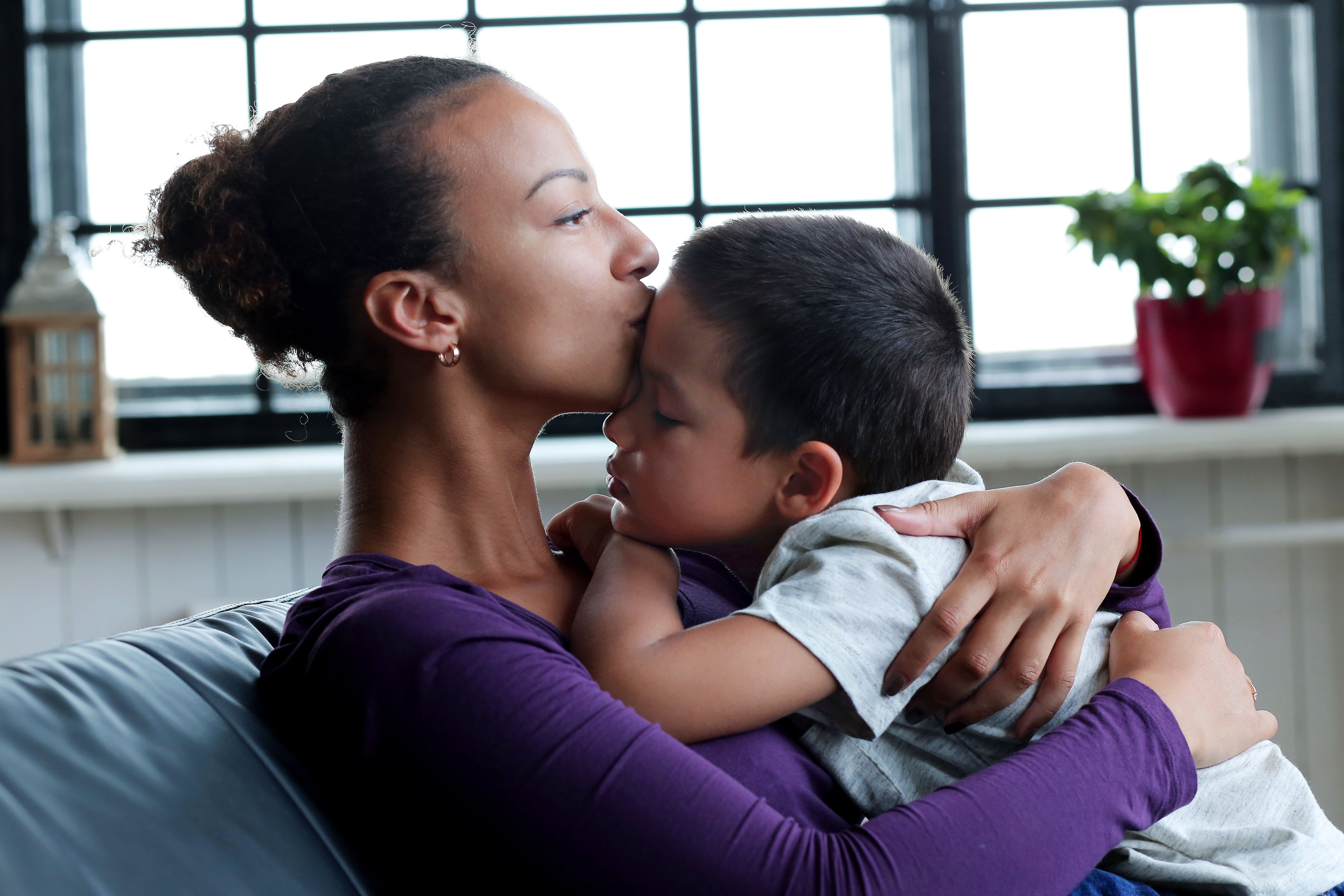What are the main symptoms of bipolar disorder?
The main symptoms of bipolar disorder are alternating episodes of depression and mania, and, sometimes, symptoms of psychosis.
Symptoms of depression
Depression has a range of emotional, cognitive (mental), behavioural and physical symptoms. These include low mood, feelings of hopelessness, negative thoughts, loss of interest in enjoyable activities and changes in sleep patterns.
Symptoms of mania and hypomania
Much like the symptoms of depression, the symptoms of mania and hypomania fall into the following categories:
- emotional
- cognitive
- behavioural
- physical
Emotional symptoms
During an episode of mania or hypomania, a child or teen may feel:
- elevated, euphoric or irritable
- grand or on top of the world
Cognitive symptoms
Someone experiencing mania or hypomania may:
- believe they have special powers or talents that are not based in reality
- suffer reduced concentration
- have racing thoughts
Behavioural symptoms
An episode of mania or hypomania can often involve:
- starting many different activities or projects
- engaging in risky behaviour such as increased spending or substance use, increased sexual activity or reckless driving
- talking more than usual and more rapidly than usual, sometimes not allowing interruptions
- jumping from one topic to another when speaking
Physical symptoms
During an episode of mania or hypomania, a child or teen may:
- have high energy levels
- be agitated
- sleep much less than usual (typically one or two hours a night) without feeling tired
Symptoms of psychosis
When someone experiences psychosis, they tend to develop beliefs that are not rooted in reality.
- During an episode of mania, their beliefs are typically positive, such as being better than others.
- During depressive episodes, the beliefs are typically negative, such as being responsible for catastrophic events.
Someone experiencing psychosis will also often sense things that do not really exist, for instance hearing voices or seeing things that are not visible to others. They may also speak in a way that is difficult or impossible to follow or develop new behaviours that seem bizarre and pointless.
How children experience bipolar disorder
In younger (pre-teen) children, the symptoms of ADHD and bipolar disorder can often be confused. Children with bipolar disorder show signs of dramatic mood changes that last for several days to several weeks at a time. The elevated, irritable or depressed mood lasts for most of the day, every day of that episode.
- During a manic or hypomanic episode, the child might appear sillier than usual, speak more often and more quickly than usual, sleep much less than usual and not feel tired and engage in many activities, especially enjoyable or risky activities.
- During a depressed or mixed episode (an episode with both manic and depressive symptoms), the child might experience prolonged sadness, crying, irritability, increased sleep, fatigue or thoughts of suicide.
How teens experience bipolar disorder
Teens display similar symptoms of bipolar disorder as adults, but they may have more frequent episodes of mania or hypomania and depression. They will often have symptoms of psychosis as well.
- During an episode of mania or hypomania, teens may present as excitable and/or irritable, speak quickly and start many activities (especially pleasurable activities that can be risky, such as substance use, excessive spending and sexual activity).
- During a depressive or mixed episode, teens should be carefully monitored for suicidal thoughts or behaviours .
How bipolar disorder is diagnosed
Your child's doctor will speak to you and your child and ask you both about:
- your concerns and the symptoms that are interfering with your child's functioning
- any current stressors in your child's life
- any medications or substances that your child may have taken
- your child's development (from pregnancy onwards)
- your family's mental health history
- family stressors
If your child has experienced an episode of mania or hypomania, they might meet the criteria for bipolar disorder.
Your child's doctor may also want to do other tests to check for possible causes of your child's symptoms.
What your child's doctor can do for bipolar disorder
If your child is diagnosed with bipolar disorder, your doctor will discuss the most appropriate course of action with you and your child. This decision may need input from other members of your family or your child's teachers.
Your child's doctor may also suggest that your child see a therapist or a psychiatrist. They may also recommend medications or lifestyle changes. Medications are often necessary for treating bipolar disorder.
Further information
For more information on bipolar disorder, please see the following pages:
Bipolar disorder: Treatment with medications
Bipolar disorder: Treatment with psychotherapy and lifestyle changes
Please visit our teen mental health website for teen-specific information on:

